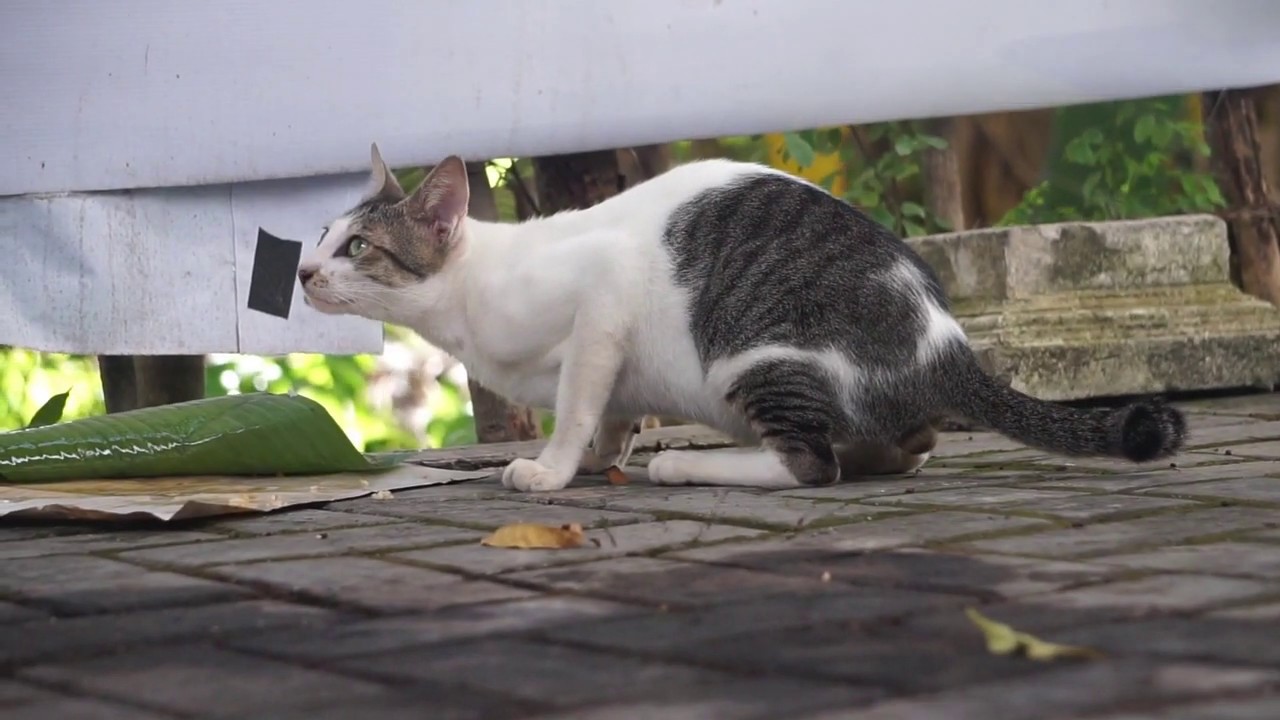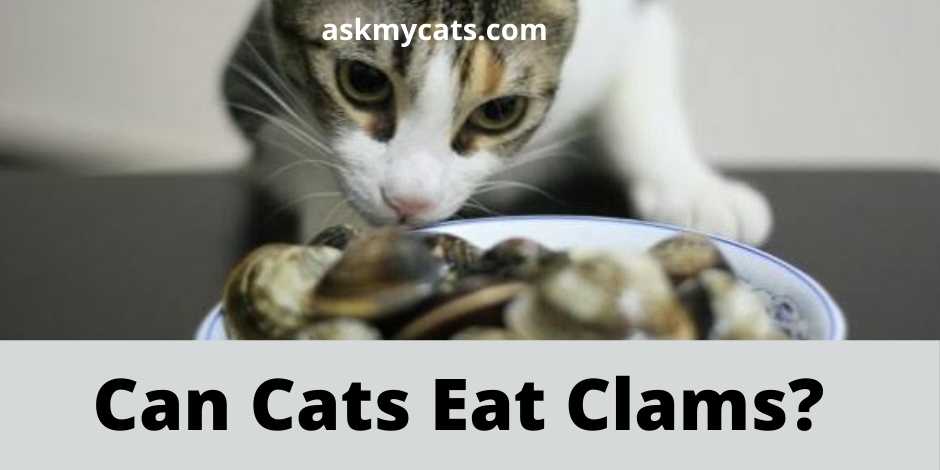Cats are known for their curious nature and their tendency to explore different types of food. As a cat owner, it’s important to be aware of what foods are safe for your feline friend to consume. In this article, we will delve into the question of whether cats can eat clams. We will explore the nutritional benefits and potential risks associated with feeding clams to cats. So, let’s dive in and uncover the truth about cats and clams!

The Nutritional Value of Clams
Clams are a type of shellfish that are rich in various nutrients. They are a good source of protein, vitamins, and minerals. Clams contain essential amino acids that are vital for a cat’s overall health and well-being. Additionally, they are low in fat and calories, making them a potentially healthy addition to a cat’s diet.
Can Cats Safely Consume Clams?
While clams offer nutritional benefits, it’s important to consider whether they are safe for cats to consume. Cats have specific dietary requirements, and their digestive systems may not tolerate certain foods. When it comes to clams, there are a few factors to consider.
Potential Risks of Feeding Clams to Cats
-
Allergic Reactions: Cats, like humans, can develop allergies to certain foods. Clams are known to cause allergic reactions in some cats, leading to symptoms such as vomiting, diarrhea, or skin irritations. It’s crucial to monitor your cat closely for any adverse reactions after introducing clams into their diet.
-
Shellfish Poisoning: Clams can sometimes contain harmful bacteria or toxins, such as those responsible for shellfish poisoning. These toxins can cause severe gastrointestinal issues in cats, including vomiting, diarrhea, and abdominal pain. It’s essential to ensure that the clams you offer your cat are fresh, properly cooked, and sourced from reputable sources.
-
Choking Hazard: Clams have hard shells that can pose a choking hazard to cats. It’s crucial to remove the shells and only offer the soft, cooked clam meat to your feline companion.
Moderation is Key
If you decide to introduce clams into your cat’s diet, it’s crucial to do so in moderation. While clams offer nutritional benefits, they should not replace a balanced and complete cat food diet. Clams should be considered as an occasional treat rather than a staple food for your cat.
Conclusion
In conclusion, cats can eat clams, but it’s important to proceed with caution. While clams offer nutritional value, they also come with potential risks. Allergic reactions, shellfish poisoning, and the risk of choking are factors to consider. If you choose to feed clams to your cat, ensure they are fresh, properly cooked, and offered in moderation. As always, consult with your veterinarian before making any significant changes to your cat’s diet.
FAQs
1. Can cats eat raw clams?
No, it is not recommended to feed cats raw clams. Raw clams can contain harmful bacteria or toxins that can lead to gastrointestinal issues in cats. It’s crucial to cook clams thoroughly before offering them to your feline companion.
2. How should clams be prepared for cats?
Clams should be cooked before being offered to cats. Remove the shells and only offer the soft, cooked clam meat. It’s important to ensure that the clams are fresh and sourced from reputable sources.
3. Are there any alternative seafood options for cats?
Yes, there are alternative seafood options that are generally safe for cats to consume. Some examples include cooked fish (without bones), shrimp (without shells), and canned tuna (in moderation). However, it’s important to introduce new foods gradually and monitor your cat for any adverse reactions.
4. Can clams be beneficial for a cat’s health?
Clams can provide nutritional benefits to cats due to their protein content and essential amino acids. However, it’s important to remember that clams should not replace a balanced and complete cat food diet. They should be offered as an occasional treat in moderation.
5. What should I do if my cat shows signs of an allergic reaction after eating clams?
If your cat shows signs of an allergic reaction, such as vomiting, diarrhea, or skin irritations, it’s important to consult with your veterinarian. They can provide guidance and recommend appropriate treatment options for your cat’s specific situation.

